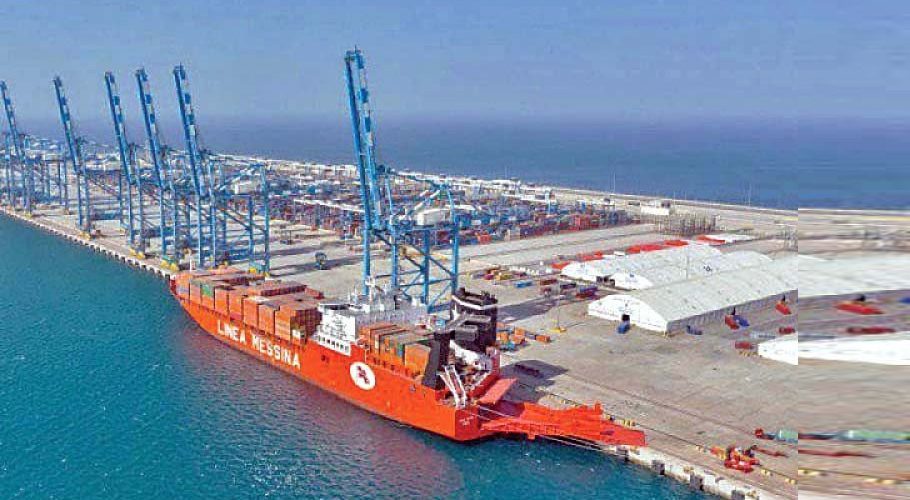The passing away of renowned nuclear scientist Dr Abdul Qadeer Khan is a pivotal moment in our history. Widely regarded as ‘Father of Pakistan’s nuclear bomb’, Dr AQ Khan became a national hero for transforming Pakistan into the world’s first Islamic nuclear power and strengthening clout against arch-rival India.
Dr AQ Khan played a critical role in making Pakistan a nuclear state. The policy of nuclear deterrence has safeguarded the nation and brought it at par with India in the atomic field. The impregnable defence capabilities have riled up Western nations ever since who have raised apprehensions over Pakistan’s nuclear arsenal which remain in the safe hands of our valiant armed forces.
In the mid-70s, India conducted its first atomic tests termed ‘Smiling Buddha’. Pakistan soon embarked on a clandestine uranium enrichment route to acquire nuclear weapons capability. Dr Khan’s role in the programme, as head of KRL after returning from Europe, cannot be underestimated as he assembled a first-generation nuclear device. Pakistan endured years of sanctions to eventually become a nuclear state in May 1998.
After efforts to pressurise Pakistan’s over its nuclear safety failed, Dr AQ Khan became the target of a global nuclear proliferation scandal in 2004 and was subsequently placed under house arrest. He endured years of confinement and even recovered from cancer. Pakistan gradually strengthened as a state and has shaped its foreign policies and national security around its nuclear assets.
Pakistan has consistently asserted that it had control over its nuclear weapons, and that it is impossible for terror groups or proliferation networks to gain access to the country’s nuclear facilities or weapons. Pakistan’s position on nuclear disarmament is that it will only give up nuclear weapons if India gives up its own arsenal. This has maintained a regional balance and safeguarded Pakistan ever snce.
Pakistan shall not forget Dr AQ Khan’s services as the architect of Pakistan’s nuclear programme. He remained widely popular as a hero and despite a failed attempt in politics, was referred to as ‘Mohsin-e-Pakistan’. He organised the national space agency SUPARCO and also played a role in the ballistic nuclear missile programme. He will be considered one of the most influential and respected scientists in Pakistan.



























